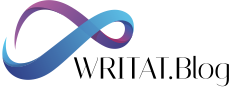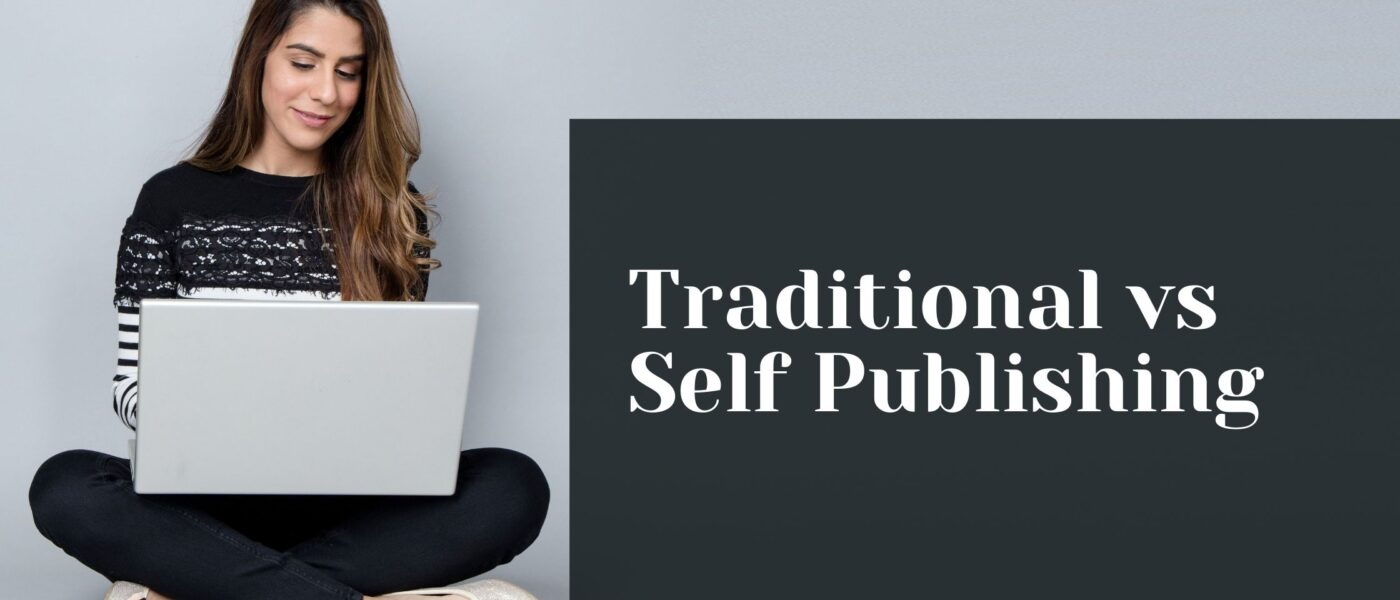Book-publishing can be an overwhelming process for new authors, particularly now when the competition is fierce, with over 5000 new books releasing on Amazon every day, let alone on other channels.
The most common question that we often find new authors asking is making the right choice between self-publishing and traditional publishing.
While the question is pretty straightforward, the answer is not – there are umpteen factors that could affect your decision, including the cost and calibre. Besides, both have their perks. The right choice depends upon the author predominantly.
However, the downsides are worrying. For instance, there is always the looming self-publishing stigma which most authors try to evade and on the other hand, the thought of investing in vanity publishing often pulls writers out from pursuing their dreams.
Moreover, that is why this blog is designed to help writers quickly and simply understand which side should they pick for their career.
What is the Key Differences between Self- Publishing and Traditional Publishing?
To understand the differences, we will break down both terms.
What is Self-Publishing?
In this book publishing method, the author takes complete responsibility for publishing their books – from editing, formatting and designing to marketing, releasing and distributing.
However, top online self-publishing companies, like Writat, make the process easier and centralized for new writers by providing editing and designing solutions and free tools that authors can use to create, publish, print, and sell their books in different languages and formats.
The good news here is that as a self-published author, you will have complete control over the rights and royalties of your book.
In most scenarios, you will earn a sizable percentage of the net profits from each sale. The profit is typically shared between you and the self-publishing company.
What is Traditional Publishing?
In this process, authors work with a third-party publisher who takes up the responsibility of editing, marketing, releasing, and selling their book. Basically, the author will trade his work for network connections and publishing services.
By going traditionally, you will lose the rights to ownership of the book, but the company will take care of everything and ensure your book is sold.
Once you hand over the rights to the publishing company, you will receive a small percentage of the royalties as income.
| Self Publishing | Traditional Publishing |
| Complete ownership over rights and earnings | No control of rights |
| Complete control over marketing, designing, and distribution | The publisher takes care of everything professionally |
| Suitable for unique niches | Publishers are picky, so unique niches can be rejected |
| Potential to earn more revenues | Receive money prior to book launch but only a predefined percentage decided by the publisher |
| Customizable based on your needs | No creativity or customization options |
| Print on Demand (POD), which eliminates cost | Vanity (bulk) printing, which increases cost |
| Writat is free to use (reach global readers across the world free of cost) | Heavy time and money investment. You will have to pay for publisher’s services |
| Publish in any and all languages without having to answer any one’s prejudices | Publisher can reject your book if they believe it will not see success |
| Fast to market (1 to 2 months) | Slow to market (>2 years) |
| You must make sure your work is great in all aspects | The publisher will make sure your work is great in all aspects |
| Can take time for books to reach bookstores | High probability of getting your book placed in bookstores |
| You will be responsible for marketing and promotion | High potential to reach more readers and media coverage |
What Should Be Your Choice?
If you are a business owner, consultant, executive, doctor, lawyer, coach, budding writer, or anyone else who wishes to publish their book in regional language, then pursue self-publishing. Click here to learn how free book publishing works at Writat.
If you can get a good offer from a publisher with a sizable advance, you should most certainly take it. However, traditional publishing is suitable for famous authors, novelists, celebrities, renowned athletes and chefs, superstars, CEOs of notable companies and anyone with great sales history.
If your answer is freedom, creativity, creating a good impact, and long-term income, choose self-publishing. If you seek recognition, validation, and quick but short-term money, go for the traditional method.





